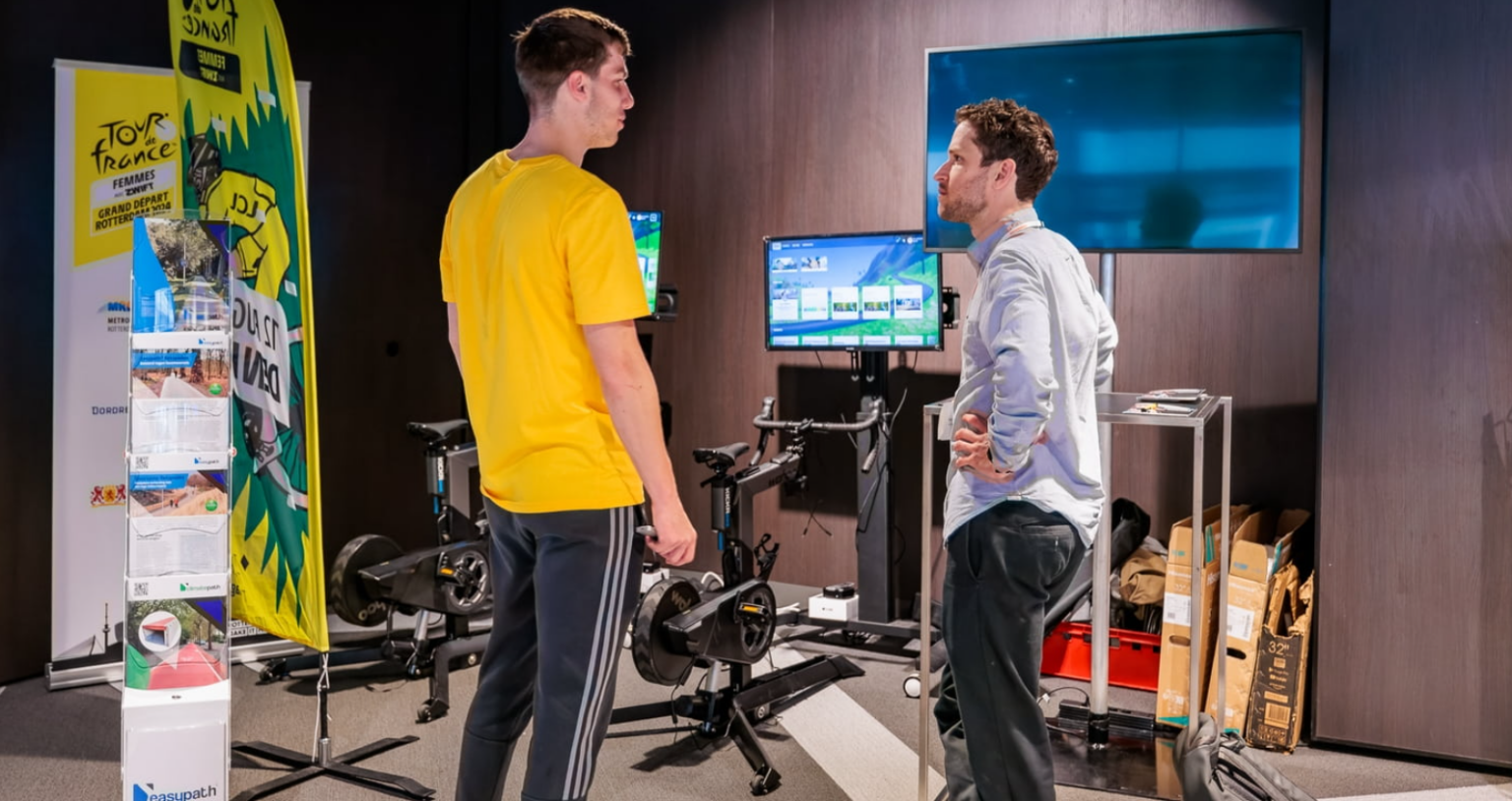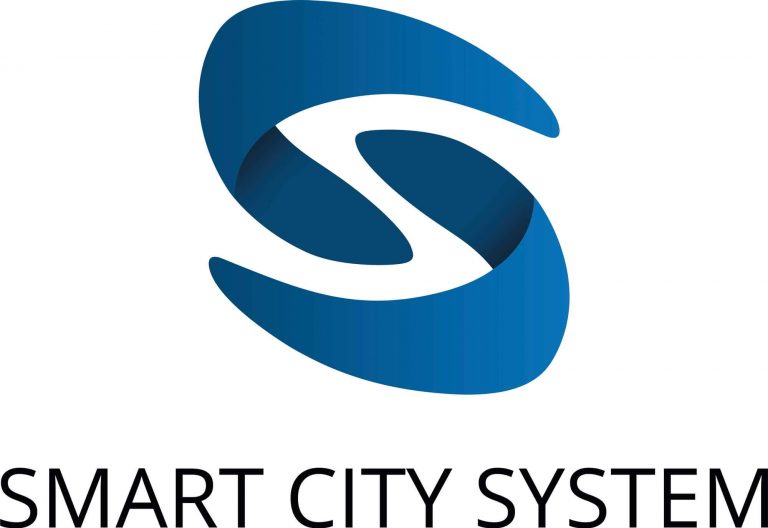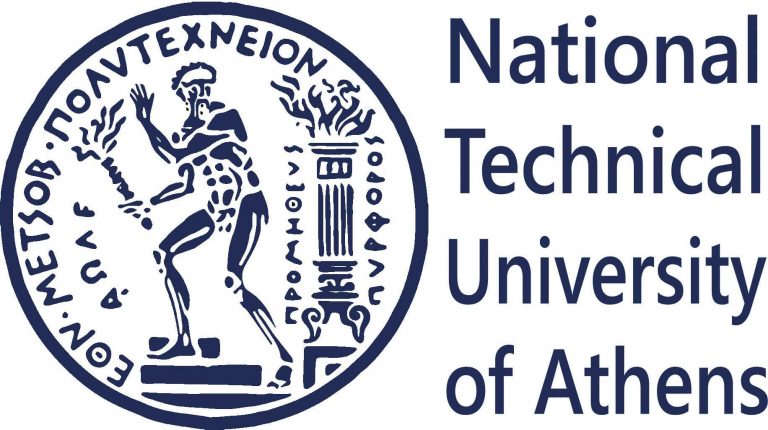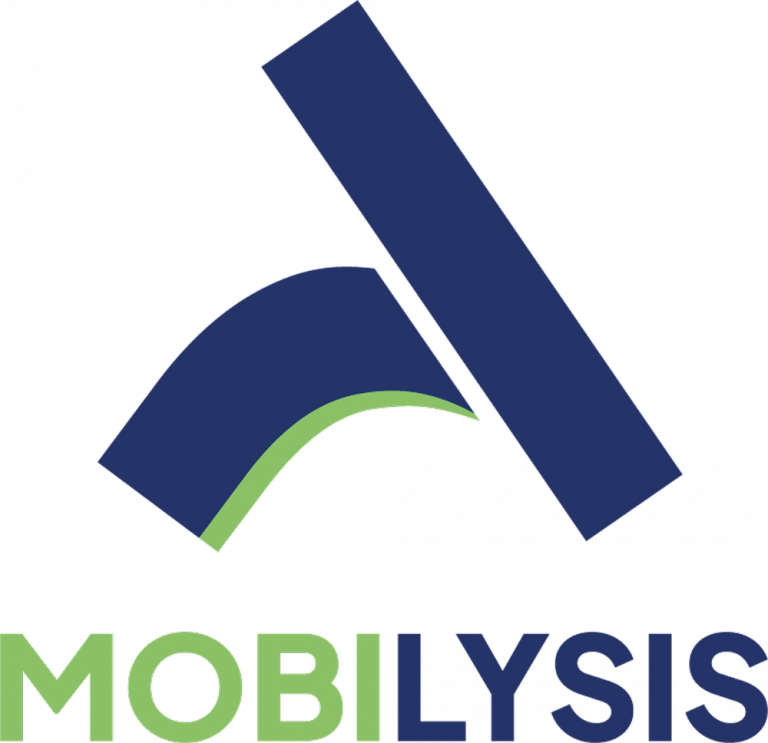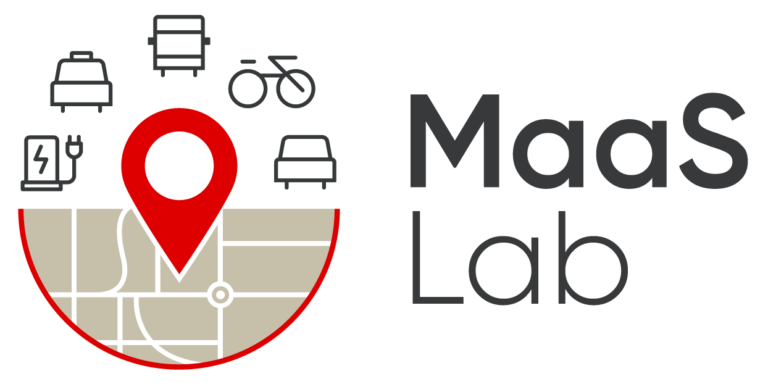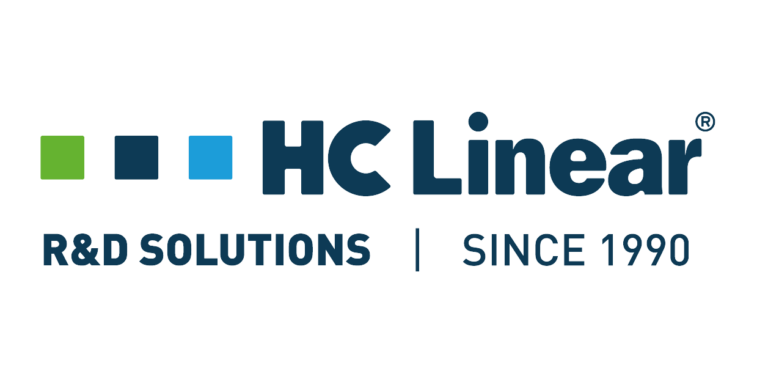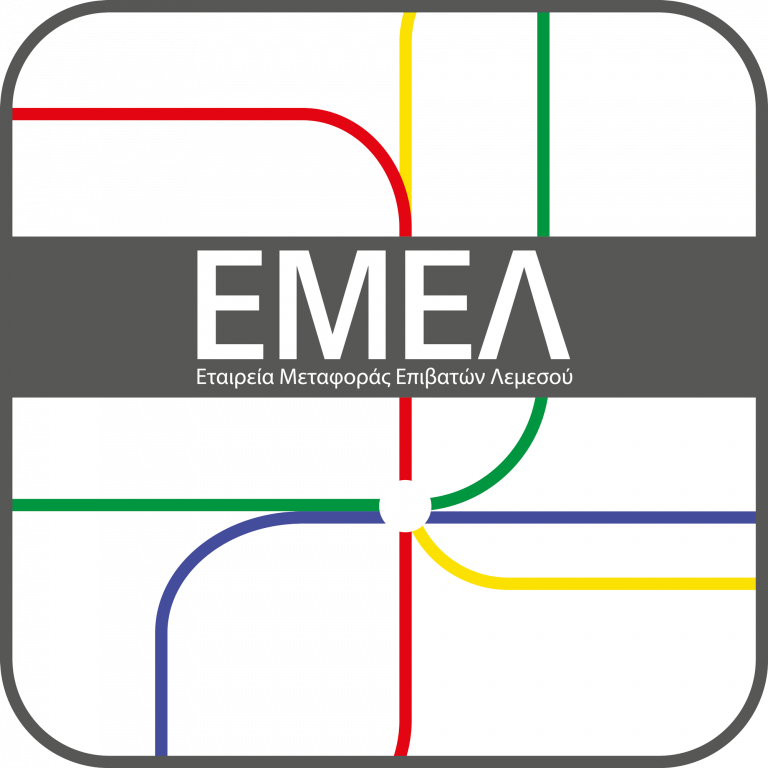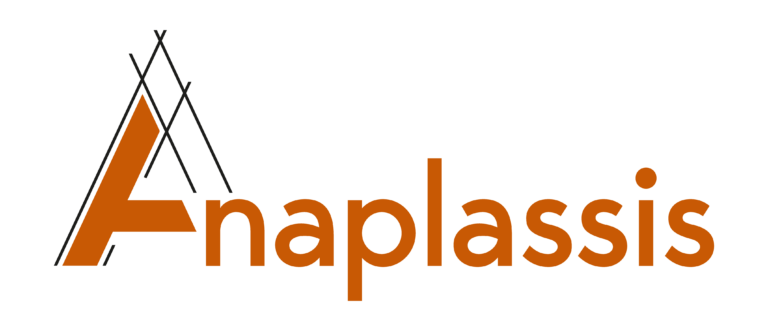The National Cycling Conference held on the 6th of June in The Hague, Netherlands, gathered academics, industry professionals, and government organisations dedicated to improving cycling safety, advancing cycling infrastructure and developing new policy. The conference featured a range of sessions focused on key topics such as cycling safety, innovation, freight logistics, cycling data, sharing systems, and design principles.
Among the standout participants were partners from the metaCCAZE project, who showcased their cutting-edge contributions to the cycling community. Paul Timmer from the Townmaking Institute and Geoffrey Holmes from the City of Amsterdam led a session on “Adaptive Speed Governance for e-Bikes.” This innovative initiative, a pilot project under metaCCAZE, aims to enhance the cycling experience and safety by providing e-cyclists with live and local information about the conditions on the road so that they can cycle safely.
The session highlighted the different forms and applications of this technology, emphasising its potential to create safer, more efficient urban cycling environments. Attendees were particularly interested in how adaptive speed governance could be integrated into existing cycling infrastructure to address the growing concerns of urban mobility and safety.
The conference also provided a platform for metaCCAZE partners to discuss broader project goals, including the shift towards electric, automated, and connected urban mobility solutions. The involvement of the Townmaking Institute and the City of Amsterdam underscored the collaborative efforts within the metaCCAZE project to leverage innovative technologies for sustainable urban transport.
For more information about the metaCCAZE project and its initiatives, please visit our website or follow our updates on social media.
Learn more about the Amsterdam living lab here.
